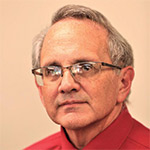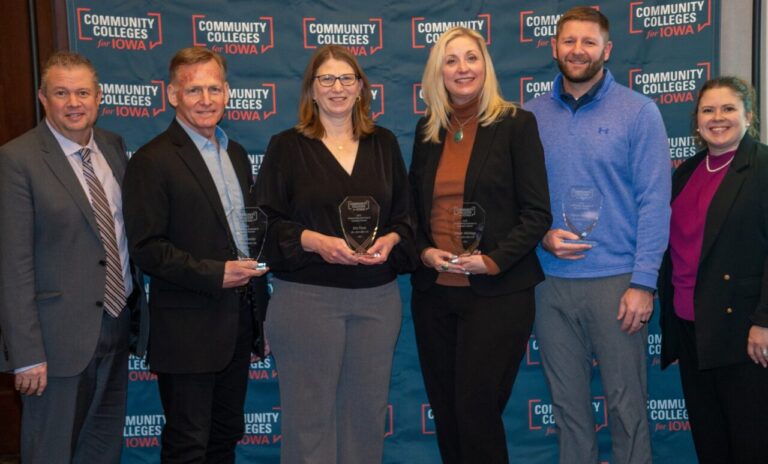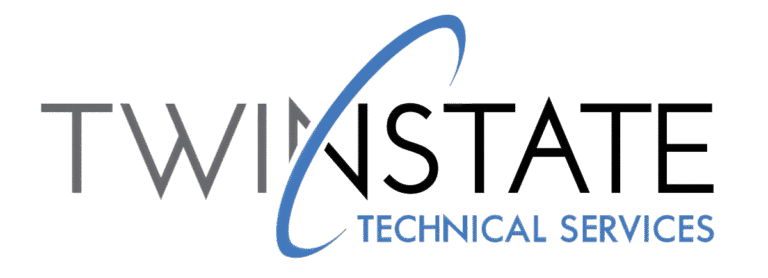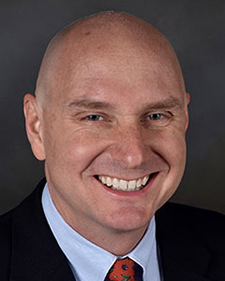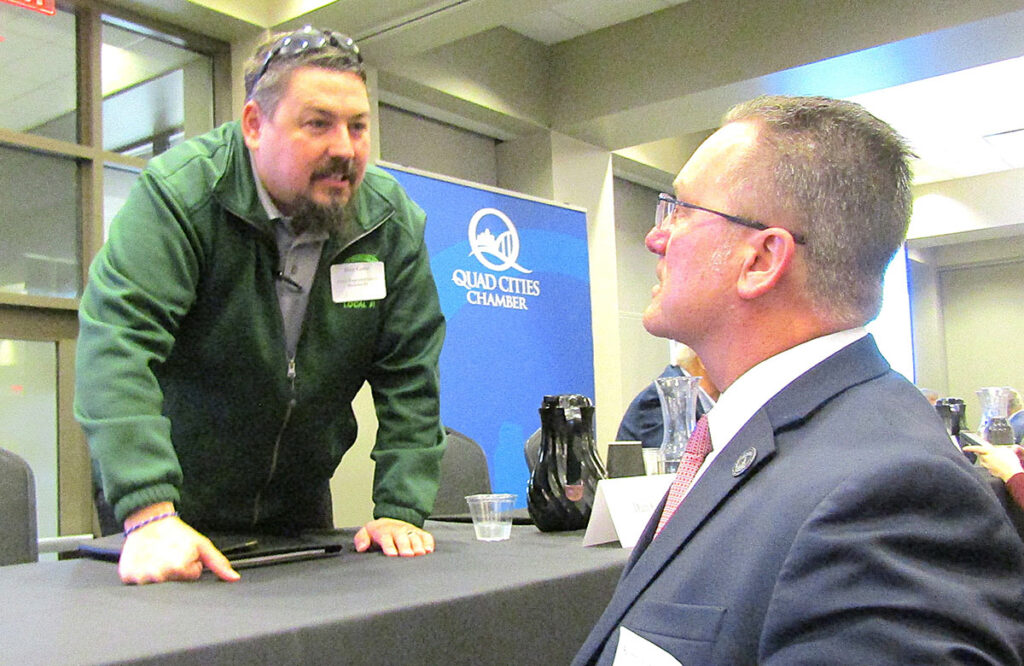
Iowa State Rep. Dan Gosa, left, D-Davenport, talks with State Sen. Kerry Gruenhagen, R-Walcott, after the Iowa Mid-Session Legislative Forum held Friday morning, March 28, at the Roglaski Center at St. Ambrose University, Davenport. CREDIT DAVE THOMPSON
The State of Iowa is moving forward on property tax relief and economic development improvement efforts. Also, Scott County will not be barred by the legislature from getting state economic development funding for the next three years.
Those were some of the topics covered Friday morning, March 28, as eight area state lawmakers gathered at the Iowa Mid-Session Legislative Forum at the Roglaski Center at St.…

Want to Read More?
Get immediate, unlimited access to all subscriber content and much more.
Learn more in our subscriber FAQ.
Do you want to read and share this article without a paywall?
